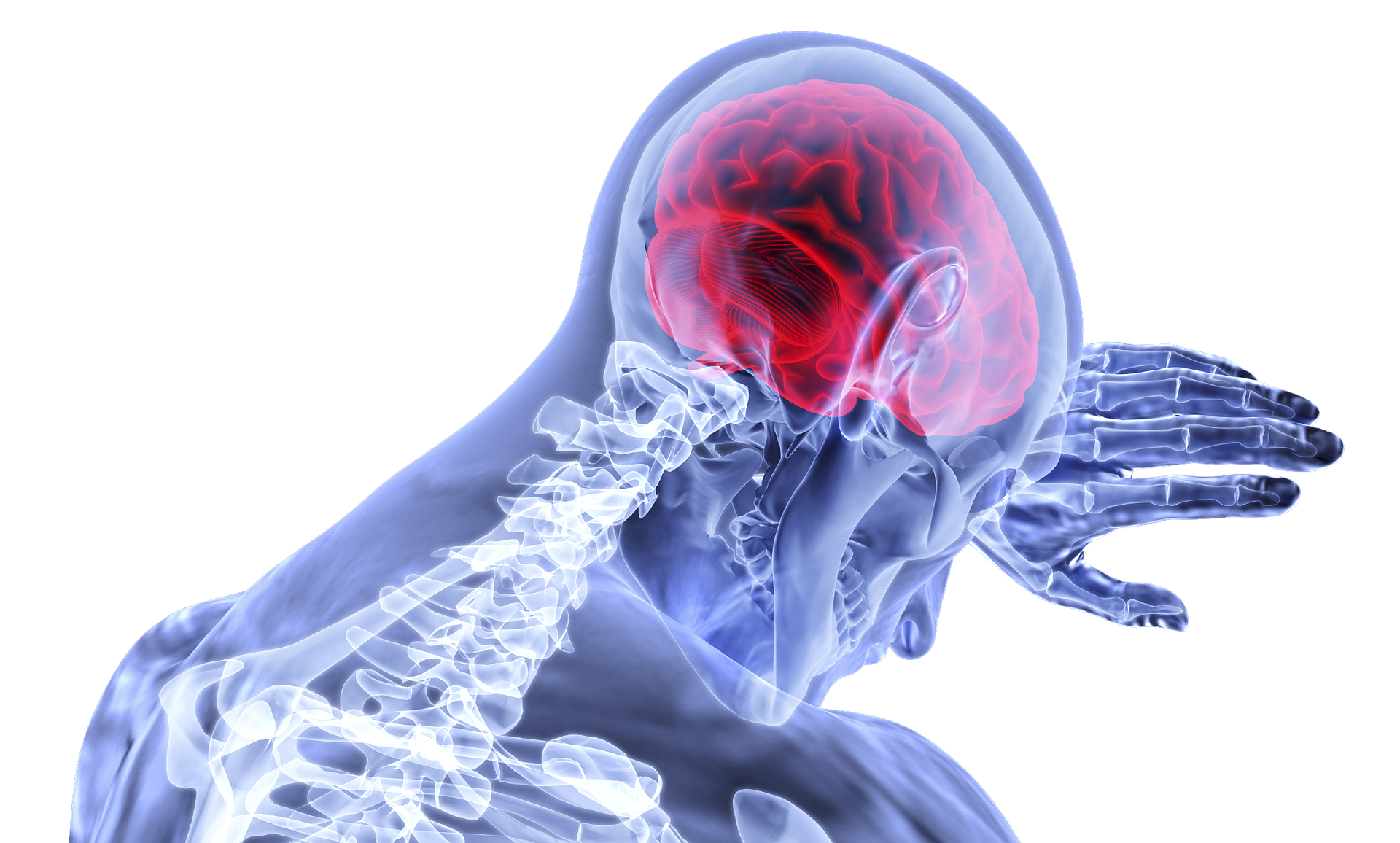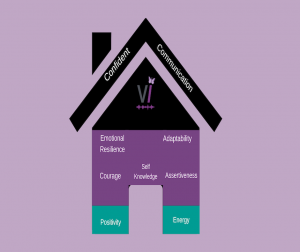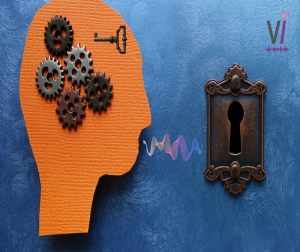I have spent a number of sleepless nights recently with painful sciatica. This has given me plenty of time to ponder on what pain is, why we have it and whether or not it is ever useful.
Now, this may seem a strange topic for a voice trainer and coach. Yet, if you think about it my work encompasses helping people with both physical and mental processes. From this point of view knowing how to deal with various forms of pain can be absolutely vital. So I’ve decided to put down some of my thoughts here in this blog.
Important note:
I am not a doctor and this blog is not medical advice but reflections on what I have found helpful. If you have persistent pain you must see your GP for advice.
What is pain?
Whichever kind of pain you are dealing with, it can sap your energy, ruin your concentration and certainly interfere with your voice.
There are various ways that we can think about it:
- Something bothersome, a problem as in “oh no that’s a pain”.
- Emotional pain e.g. anxiety, sadness, worry, hurt.
- Physical pain felt in the body itself e.g. headache, sore shoulders, aching muscles or pain due to an obvious injury.
On a very fundamental level, pain is the way that your brain tells you that there is a problem of some kind. It is both a neurological and physical process, involving both your body, your brain, and the nerve impulses between them.
“That’s all very well” I hear you saying to yourself, “but what’s the point?” The point is that pain starts in your brain! Yes, really.
Mind over matter?
Emotional upsets and even minor irritations will be registered by your brain as stresses, as would a physical injury. Your autonomic nervous system is activated and you will go into a state of fight or flight. Depending on the severity of the problem or stress you will either return to a relaxed state once your brain has registered that everything is okay or continue to be stressed and even feel physical pain. This is because the stress response causes a number of changes in your body systems.
These changes are supposed to help you e.g. move away from injury or run away from an attack. However, many modern-day stresses arise in different ways. So for example, your neck and shoulders may hurt because your muscles have tensed due to your emotional reaction to something that happened in your life.

Where is your pain really coming from?
Even more interesting is that recent research has shown that your brain itself makes the decision about how much physical pain you will feel and where. Not only that, if your brain gets used to a neurological pattern that was set up by an injury or an emotional issue, you may still feel pain even when there is no longer any physical reason for it!
So what can you do?
I am by no means recommending that you ditch your prescribed medication. I have found mine to be vital over the past couple of weeks. However, there are some other important things to consider:
- Pay attention to painful feelings as soon as they begin. Don’t ignore them. Your brain needs to know that you are taking care of the problem. Many of us override mild pain and yet we really need to look at why it’s happening. If I had paid attention to my grumbling sciatic nerve sooner then I wouldn’t have been in the pain as I have been for the past week! I would also have tackled the physical issue much sooner.
- Using your voice should never be painful. If it is, rest straight away and assess your technique. Any persistent discomfort (more than two weeks) needs to be investigated by a medical practitioner.
- Keep your thoughts positive. If you are running a continuous “this pain is horrendous, I can’t cope” in your mind then it is likely that the pain will only intensify as your brain will respond to the emotional turmoil that you put yourself into.
- Speak to yourself and your body kindly. This makes a huge difference.
- Use meditation, exercise (if appropriate) and other forms of self-care to calm things down and move you out of fight or flight. If you are looking after your body and are dealing with the initial cause of your discomfort, this will help your brain to get the message.
- Understand that Pain is there to help you to know that something is wrong and to start to put it right. In that way, it protects you.
- Consider your feelings and emotions: These play a part in your painful experience. Have a look at Curable. This is a wonderful app that can help you to cope. You can use it alongside conventional treatment.
- Consider physio and appropriate exercises to ease your body muscles. I can recommend Kiran and Nikki at Franklin Physiotherapy, James Bacon and Karen Chappell.
So, no pain no gain?
You can take this both ways.
Without pain, we don’t know what’s going wrong. So, as I’ve mentioned above we need to acknowledge it and not ignore it. This can be helpful to us and in this context, the pain is a gain.
On the other hand, pushing through pain can be damaging, both physically and mentally. In this case, there is definitely no gain! Always get a medical opinion if you are suffering from debilitating pain.
If you’d like to explore some of the issues raised in this blog do get in touch for a chat. You can also keep uo with monthly news and tips by subscribing to my newsletter




